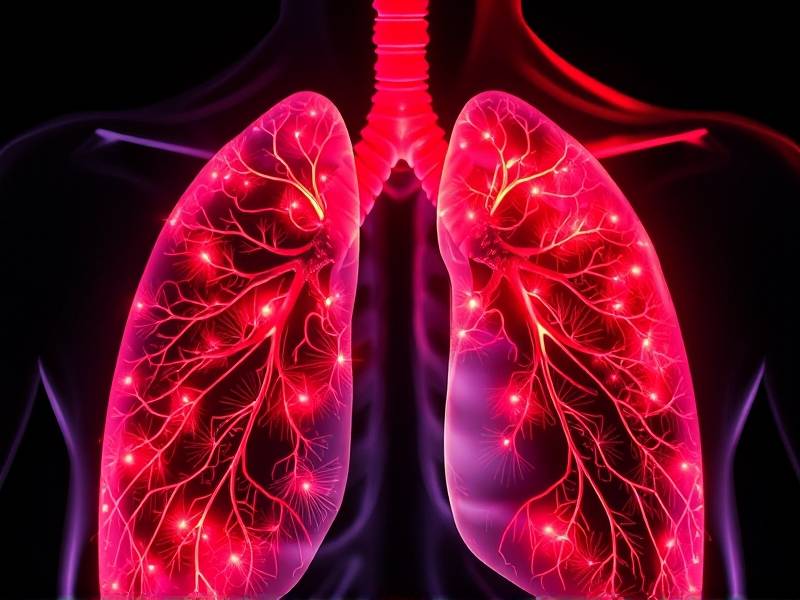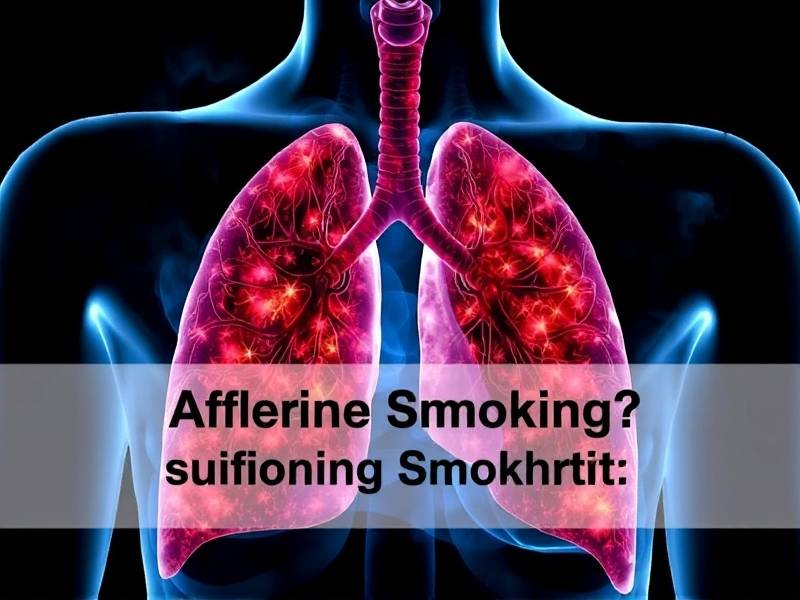Can Lungs Really Go Back to Normal After Quitting Smoking?
The Remarkable Recovery of Lungs After Smoking Cessation
Introduction: Smoking is a widespread habit that has detrimental effects on the human body, particularly the lungs. However, many individuals are often left wondering if it's truly possible for their lungs to return to normal after quitting smoking. This article delves into the science behind lung recovery and provides insights into the potential for a remarkable transformation.

Section 1: Understanding Lung Damage from Smoking Smoking causes significant damage to the lungs by exposing them to harmful chemicals and irritants. Over time, this damage can lead to chronic respiratory conditions such as chronic obstructive pulmonary disease (COPD) and lung cancer. It's important to recognize that the extent of lung damage varies from person to person based on factors like age, duration of smoking, and overall health.

Section 2: The Process of Lung Recovery Contrary to popular belief, the human body possesses an incredible ability to repair itself. When individuals quit smoking, their lungs begin a gradual process of recovery. Here's what happens:
- Initial Improvement: Within days of quitting smoking, carbon monoxide levels in the blood start to decrease, allowing oxygen levels to rise. This can lead to improved energy levels and overall sense of well-being.
- Bronchial Clearance: The lining of the bronchi begins to clear out mucus and debris that have accumulated due to smoking. This can result in improved breathing and reduced coughing.
- Alveolar Repair: Alveoli are tiny air sacs in the lungs responsible for oxygen exchange. Over time, damaged alveoli can repair themselves or be replaced by new ones.
- Cilia Function: Cilia are tiny hair-like structures that help move mucus out of the lungs. Quitting smoking allows these cilia to regain their normal function, leading to better clearance of mucus.
Section 3: Factors Influencing Lung Recovery While quitting smoking is crucial for lung recovery, several factors can influence the pace and extent of this process:
- Duration of Smoking: The longer an individual has smoked, the more significant their lung damage may be. However, even long-term smokers can experience improvements with cessation.
- Age: Younger individuals tend to recover faster than older adults due to their bodies' greater regenerative capacity.
- Overall Health: Individuals with pre-existing health conditions may experience slower recovery compared to those without such conditions.
- Lifestyle Choices: Maintaining a healthy lifestyle with regular exercise, proper nutrition, and avoiding exposure to other harmful substances can enhance lung recovery.
Section 4: Real-Life Success Stories Numerous individuals have successfully recovered their lungs after quitting smoking. These stories serve as inspiration and demonstrate the potential for remarkable transformation:
- "After quitting smoking for two years, I noticed a significant improvement in my breathing and overall health. My energy levels increased, and I felt more at ease during physical activities."
- "I quit smoking at age 40 after being diagnosed with COPD. Although my condition did not completely reverse, I experienced substantial improvements in my lung function over time."
Conclusion: The answer is a resounding yes; lungs can indeed go back to normal after quitting smoking. While recovery may vary among individuals based on various factors, it's important for smokers who wish to improve their health outcomes to consider this possibility as they embark on their journey towards cessation. By adopting a healthy lifestyle and seeking support from healthcare professionals when needed, individuals can maximize their chances of experiencing a remarkable transformation in their lung health.
